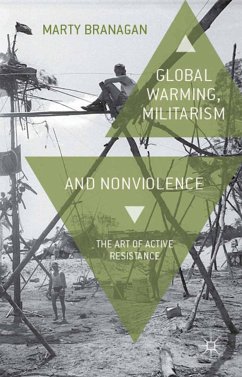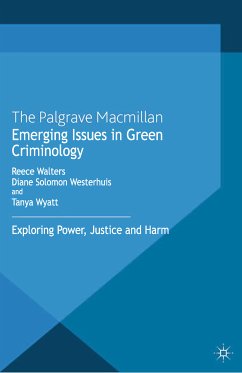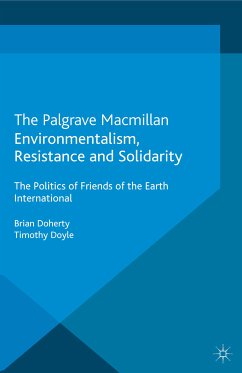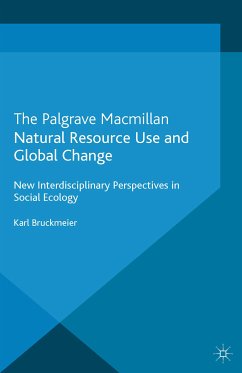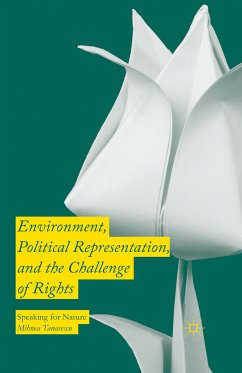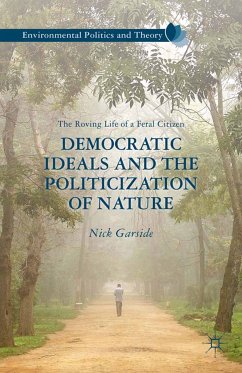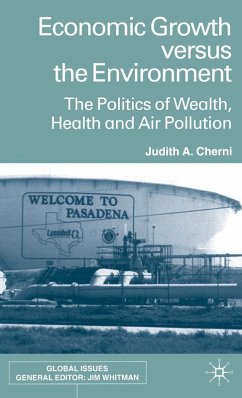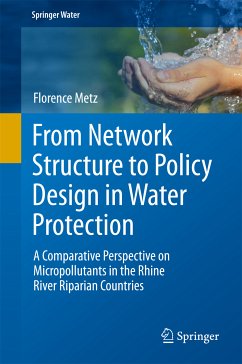"Marty Branagan's book is the first in the field of peace studies that links anthropogenic climate change with the staggering worldwide costs of war-preparedness. His spirited defence of nonviolence as an alternative to militarism is not only well-supported by historical and contemporary examples, but also features original perspectives on creative forms of activism and on contributions to the repertoire of peaceful methods for social and political change that have been contributed by campaigns in Australia and elsewhere. This is a very worthwhile addition to the literature on nonviolence by an author who is both a scholar and an activist drawing on personal experience." - Michael Allen Fox, Queen's University, Canada
"Too often
there is a failure of creative imagination about alternatives to violence, including ecological violence. Marty Branagan's book, Global Warming, Militarism and Nonviolence addresses crucial issues of the links between militarism and climate change. A particular feature of the work is that it challenges both fatalism and conventional ideas about power. Valuable local and international case studies are offered of the art of active nonviolent resistance to feared environmental futures. This work is strongly recommended for both its theoretical and practical insights." - Frank Hutchinson, Tamkang University, Tapei
"This book is more than an important study of nonviolence; it is a call to action against militarism. There are many reasons why a democracy would want to curb the influence of its military. Marty Branagan highlights one of the most important the fact that the military-industrial complex is the primary polluter of our planet. His object is not only to identify the problem of militarism and its effect on climate change, but to replace it with the realistic alternative of three major types of nonviolent action. Labeled 'active resistance', 'conflict resolution', and 'artistic activism', their theoretical viability is cogently argued and their strengths and weaknesses are demonstrated from past cases. Violence turns out to be a choice, not a fate." - Ralph Summy, The University of Sydney, Australia
"The highlight of the book is the discussion of Australian nonviolent campaigns in the forests and elsewhere, vividly portraying innovative tactics and activist commitment, while not flinching from disputes over choice of methods and the role of nonviolence training. The coverage of art in activism is excellent. You will find many of the most contentious issues in current nonviolent struggle addressed here." - Brian Martin, University of Wollongong, Australia
"This is the most accessible and lively introduction to contemporary politics I've read. It's also a "how to" book about making social change. Global Warming, Militarism and Nonviolence: The Art of Active Resistance will leave you with a natural high. At once visionary, empowering, and practical, we need to get a copy into thehands of every student, activist, and politician, without delay." - Ariel Salleh, scholar and activist, editor of Eco-Sufficiency and Global Justice
"This book is an extremely useful overview of popular nonviolent resistance today - arguably the only phenomenon that can save us from the rapacity of corporations and inertia of governments. It is soundly thought through and rich in practical suggestions for activists themselves. I entirely agree with Marty Branagan's approach, that 'it's important to look for solutions, not just problems, to look at the big picture, and to remember the human element,' as I do with his inclusion of 'idea power' as an important (I would say, the most important) kind of power we the people must regain. Civil resistance today is, as Hawken has shown, a mélange of projects that could, if pulled together in some coherent way, become an unstoppable movement. And this book just might provide a blueprint for that much-to-be-desired fusion." - Michael Nagler, President, Metta Center for Nonviolence, USA
